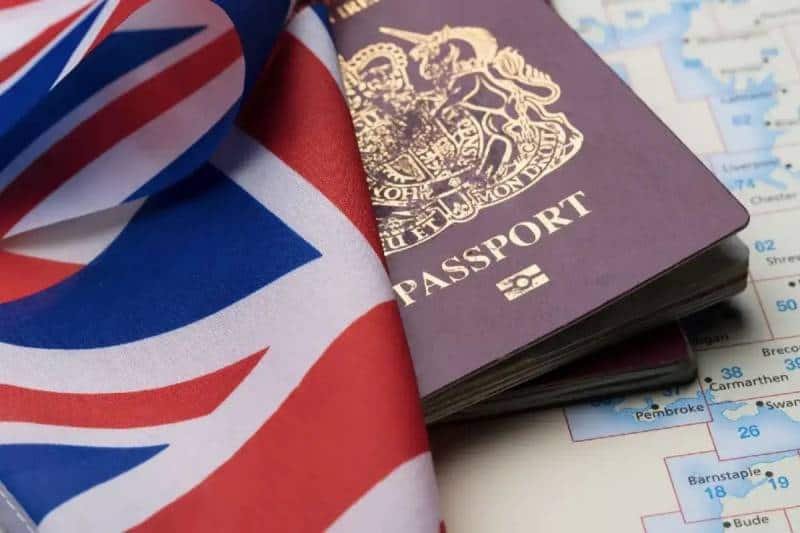LONDON – The authorities in the United Kingdom have recently amended the immigration system of the country, raising the minimum salary threshold along with other changes.
The government has officially clarified all the details related to the changes, clearing the air on multiple issues though rights groups still advocate that the changes are anti-immigration.
In an official press release, the government has confirmed that the measures included stopping overseas care workers from bringing dependants and requiring social care firms in England who wish to sponsor care worker visas to provide services regulated by the Care Quality Commission (CQC).
Moreover, the government had increased the minimum earnings threshold for Skilled Worker visas from £26,200 to £38,700 and raised the individual occupation ‘going rate’ thresholds in line with the median full-time wage for equivalent jobs in 2023.
As part of the changes, those coming on the Health and Social Care Visa route were exempted from the £38,700 salary threshold applied to skilled workers.
‘We are also exempting education workers on national pay-scale occupations,’ the home office said on Thursday.
The government has also reformed the Shortage Occupation List into an Immigration Salary List (ISL), ending the 20% going rate salary discount for shortage occupations – commissioning the Migration Advisory Committee (MAC) to review the composition of the list in line with the increased salary thresholds.
The government has announced that the minimum income requirement for family visas has been raised to ensure people only bring dependants to the UK they can support financially and will apply to all British and settled sponsors under the five-year partner route.
‘We will raise the minimum income for family visas incrementally, in stages, to give predictability to families,’ the government said.
As part of the incremental changes, the government has announced that in Spring 2024 the government will raise the threshold to £29,000.
‘There will no longer be a separate child element to the minimum income requirement, to ensure that British nationals are not treated less favourably than migrants who are required to meet the General Skilled Worker threshold as a flat rate, regardless of any children being sponsored,’ the home office announced.
The government has also announced that Care workers and senior care workers already in the route will be able to remain with their dependants, including extending, changing employer (within these SOC codes) and settlement.
The authorities have also confirmed that where a care worker or senior care worker is in the route before the Immigration Rules change but has not yet brought dependants, they will be allowed to bring dependants during their sponsorship (on this visa).
‘Individuals who are in the UK on any other route, including where that route permits dependants, who switch into the care visa as a care worker or senior care worker after this date, will not be able to stay with (or bring over) dependants,’ the home office confirmed.
The government has also highlighted that care providers who were sponsoring workers in exclusively non-regulated activities (and therefore not required to be registered with the CQC) before the rules change should be able to continue to sponsor these workers, including for extensions to their visa on those terms, but not hire new ones.
The Home Office has elaborated that those already in the Skilled Worker route before the Immigration Rules changes should be exempt from the new median salary levels when they change sponsor, extend, or settle.
‘We would, however, expect their pay to progress at the same rate as resident workers; therefore, they would be subject to the updated 25th percentiles using the latest pay data when they next make an application to change employment, extend their stay, or settle,’ the Home office said.
The Home Office also confirmed that those who already have a family visa within the five-year partner route, or who apply before the minimum income threshold is raised, will continue to have their applications assessed against the current income requirement and will not be required to meet the increased threshold.
‘This will also be the case for children seeking to join or accompany parents,’ it said.
The Home Office also confirmed that anyone granted a fianc(é)e visa before the minimum income threshold is raised will also be assessed against the current income requirement when they apply for a family visa within the five-year partner route.
‘Those already in the UK on a different route who apply to switch into the five-year partner route, after the minimum income requirement has been increased, will be subject to the new income requirement,’ the Home Office said.
It bears mentioning that the authorities had unveiled the changes in the first week of December; however, confusion prevailed over the minimum salary threshold; however, the clarification by the Home Office cleared the air on the mode of raising the threshold.














